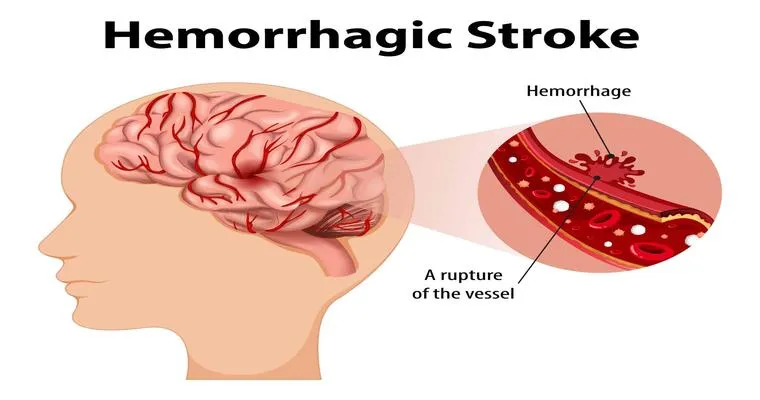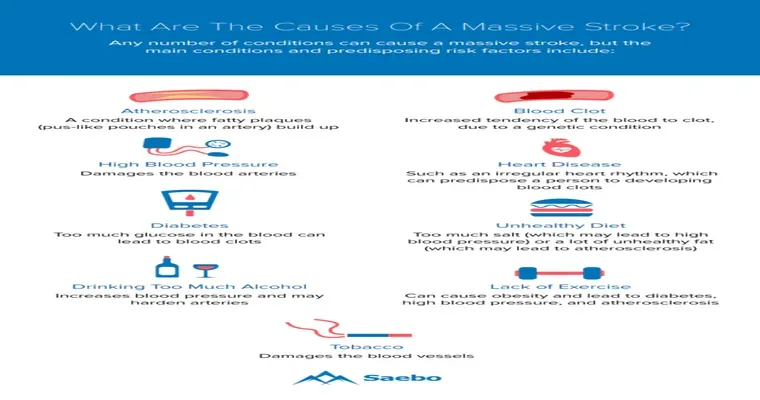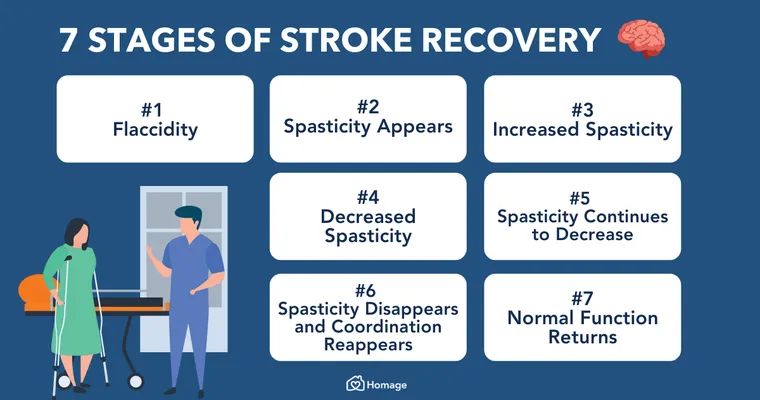Hemorrhagic strokes are a serious health concern, particularly among "seniors". This type of stroke occurs when a blood vessel in the brain bursts, leading to bleeding in or around the brain. Understanding the causes, symptoms, and treatment options for hemorrhagic strokes is essential for caregivers and family members to recognize and respond effectively to this life-threatening condition.
One of the primary causes of hemorrhagic strokes in seniors is "high blood pressure". Over time, elevated blood pressure can weaken the blood vessels, making them more susceptible to rupture. Other risk factors include "aneurysms", which are weakened areas in blood vessel walls that can balloon and eventually burst, and "arteriovenous malformations (AVMs)", which are abnormal connections between arteries and veins in the brain.
Symptoms of a hemorrhagic stroke can vary but often include a sudden "severe headache", confusion, difficulty speaking, weakness on one side of the body, and loss of consciousness. Recognizing these symptoms early can significantly impact the outcome, as prompt medical intervention is crucial. If you suspect someone is having a stroke, it is vital to seek emergency medical help immediately.
Once diagnosed, treatment options for hemorrhagic strokes in seniors may involve several approaches. "Surgical intervention" may be necessary to repair the damaged blood vessel or relieve pressure in the brain caused by the accumulated blood. In some cases, medications may be prescribed to manage blood pressure or prevent further complications.
Preventing hemorrhagic strokes in seniors involves managing the risk factors associated with the condition. Regular check-ups to monitor blood pressure, maintaining a healthy diet, engaging in regular physical activity, and avoiding smoking are essential steps in reducing the likelihood of a stroke. For seniors already diagnosed with conditions that increase their risk, close monitoring and adherence to prescribed medication regimens are crucial.
In conclusion, hemorrhagic strokes pose a significant risk to seniors, but awareness and proactive management can make a difference. By understanding the causes, recognizing the symptoms, and knowing the treatment options, caregivers and family members can better protect their loved ones from this critical health issue. It is always best to consult healthcare professionals for personalized advice and strategies tailored to individual health needs.





